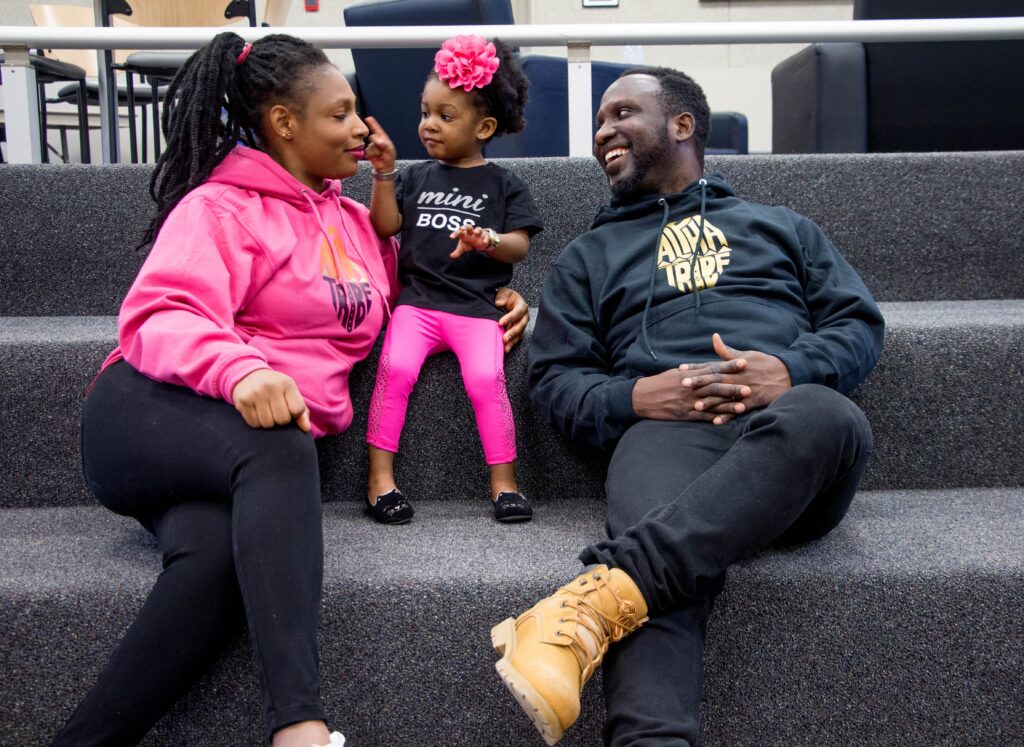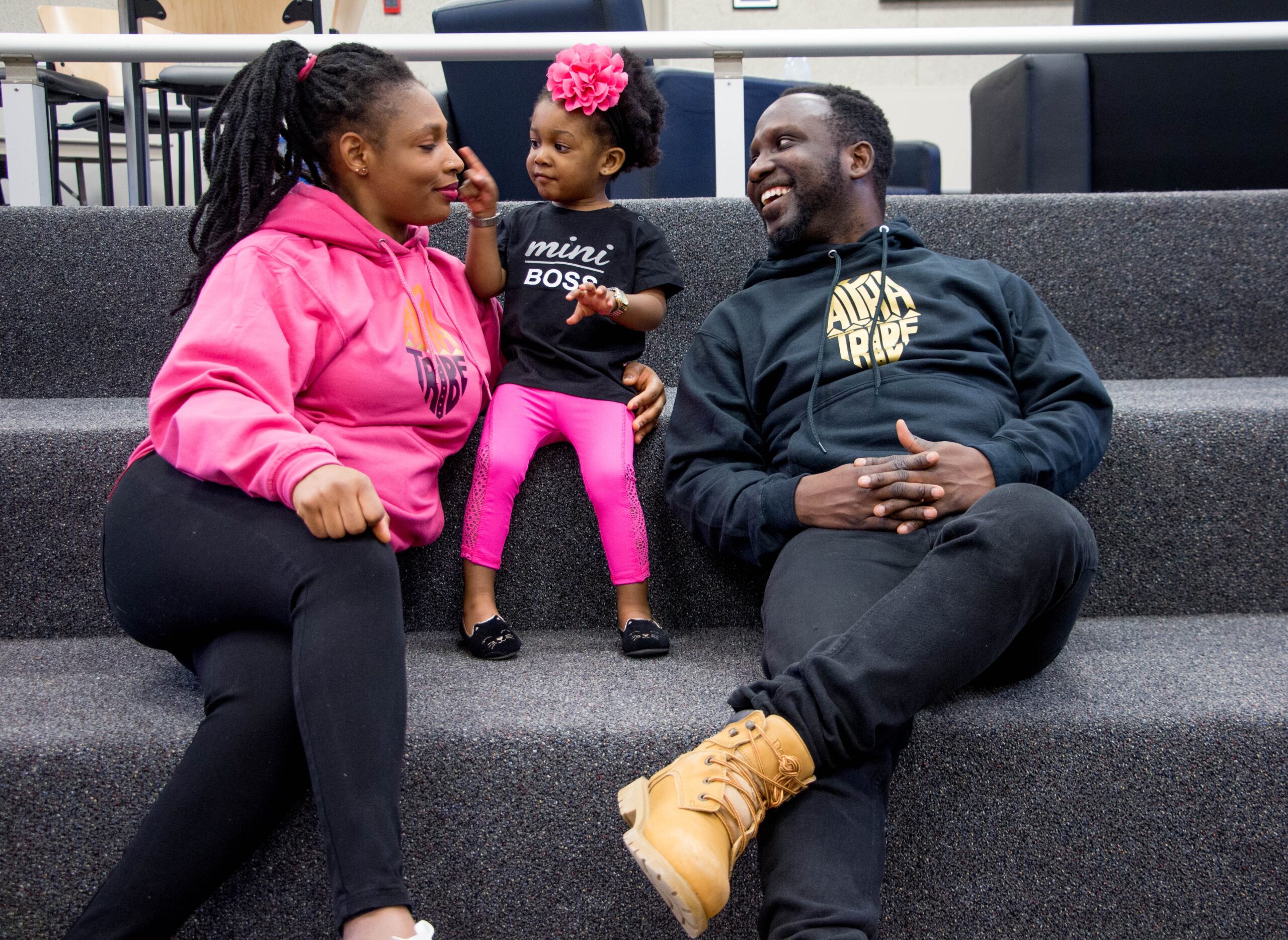Nurturing a credit union community of diversity, equity, and financial inclusion begins at the top, and it can rise from the most unexpected backgrounds.
In observance of Black History Month, the credit union movement continues its long-standing mission to improve financial inclusion on behalf of communities everywhere. In particular, we focus on the effort to execute on innovative digital solutions that will help the underbanked who have been unfairly or inadequately underserved by the financial system, its institutions, and especially the inherent deceit employed by private predatory lending networks.
And there remains much to improve on the road to true financial inclusion for Black American communities today. In a Federal Reserve report in late 2022, Black Americans still had the highest underbanked rate of any demographic group at 27 percent while also having the highest underbanked and unbanked rates of any race or ethnicity.
Yet with the unconventional perspective and leadership of community leaders anywhere and everywhere who take overwhelming action to bring growth, access, and affordability to their neighborhoods and families, there is always hope and opportunity for financial inclusion for any community.
“Fine. I’ll do it myself.”
All he wanted was a haircut. He just couldn’t afford one.
Good thing because, for once, Arlo Washington’s shortage of funds would set in motion a journey to financial security not only for himself, but an entire Arkansas community in search of economic safety and finding it in one of the most unexpected of places.
It began as an exchange – sweeping the floor for a haircut. Arlo immediately witnessed the barber’s relationship with his customers. “The owner of the shop always had a connection with everyone who walked through the door, and everybody loved him,” he said in an article in Next City.
Taking that connection to heart, he said to himself, “Man, you know what? This barbering thing ain’t so bad.” So after enduring tough times during barber school and a short stint in fashion modeling, he moved back to Little Rock, Arkansas, for more schooling, eventually using some of the proceeds from his student loans to open a barbershop. All this, on the heels of losing his mother to cancer in 1995.
“I was thinking, well, if I’m using [the student loans], then I’m gonna stay in school and I need to generate income,” Washington said. “I figured I’d use the student loan to set up my first barbershop. That was 20 years ago.”
Arlo’s reputation grew quickly, and with it, so did his business. One barbershop soon grew into three, then seven, including his own teaching institution, Washington Barber College.
Then, in 2009, the state of Arkansas banned predatory payday lending. Arlo recalls many people coming to one of the few places they knew they could get a loan that wasn’t predatory – some to their local barbershop, others the local barber college. Either way, they went to Arlo.
“So people started coming to the barber school asking for loans.” Understandably, he had some qualifying questions. “Who’s your banker?” “What’s your bank doing?” “Why your barber school?” “Why are you coming to us for loans?”
Their answer? “There’s nowhere else for us to get loans, my bank won’t make me this loan.”

“Chartering” a better future with financial inclusion
After that, the barber college put aside $1,000 every month to fund low-interest, small dollar loans on behalf of its local community. That loan program eventually grew into the People Trust Community Loan Fund, a not-for-profit, federally-certified community development financial institution, or CDFI.
The loan fund and its track record only reinforced People Trust’s credit union charter application. The objective is for the credit union to assume control of the smaller consumer loans, including payday loans, that the fund has always done. The staff for the loan fund have successful experience making those loans under the nonprofit, so they can point to that work as evidence they can do it safely and soundly under the credit union side of the organization.
Despite the persistent wrangling and frustrations of starting a federal credit union from scratch, Arlo never loses track of why he started this journey, the people he’s affected, and where he wants to go with it.
“We’re really not going to be able to impact the community and help out the community like we need to unless we’re able to offer checking accounts and a place they can store their money that’s in their neighborhood, that understands the cultural difference and the credit union on a granular level.”






